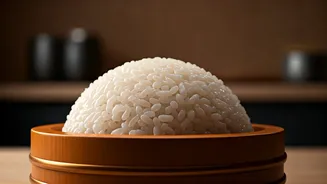Uncover the secrets of ancient skincare practices still potent today. Dive into history to revitalize your skincare routine!
Namaste, readers! We often see new fairness creams and serums shouting about
the “latest science” for glowing skin. But did you know that many of these so-called modern miracles are actually inspired by secrets from our own history?
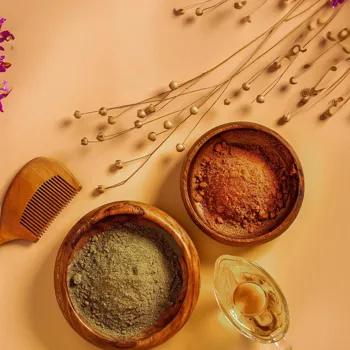
Let’s go back in time and discover five ancient skincare practices that are still super effective today. Prepare to be surprised!
Ancient skincare wisdom: nature's power for radiant skin
Our ancestors understood the power of nature long before fancy labs came along. They used what they found around them – herbs, oils, even mud – to keep their skin healthy and radiant.
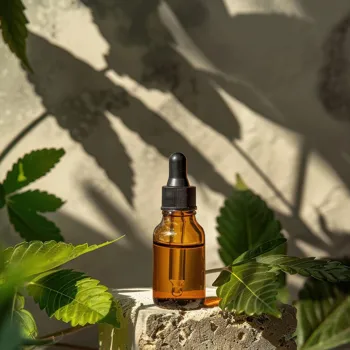
These weren't just random experiments; these practices were based on centuries of observation and passed down through generations. They knew which plant could soothe irritated skin, which oil could bring back moisture, and how to create a protective barrier against the harsh sun.
The beauty secrets of the past are not just interesting stories; they are a valuable resource, reminding us that true skincare comes from understanding and respecting the natural world.
We can learn so much from these ancient wisdom, especially in a world oversaturated with synthetic products that don't truly solve problems.
Ayurveda promotes holistic skincare with natural ingredients for balance and glow
One of the most popular ancient practices still going strong is Ayurveda, the traditional Indian system of medicine. Ayurveda emphasizes balancing the three doshas – Vata, Pitta, and Kapha – to achieve overall wellness, including healthy skin.
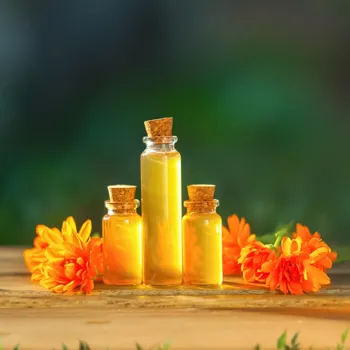
Ingredients like turmeric (haldi), sandalwood (chandan), and neem were (and still are!) commonly used in face masks, scrubs, and oils. Turmeric, known for its anti-inflammatory properties, soothes irritated skin and gives a natural glow.
Sandalwood cools the skin and helps reduce blemishes, while neem is famous for its antibacterial and antifungal properties. Ayurvedic skincare isn’t just about applying creams and lotions; it’s about understanding your skin type and choosing the right ingredients to bring it into balance.
It’s a holistic approach that goes beyond just the surface.
Cleopatra's beauty secrets: milk baths, honey, aloe vera, and Egyptian skincare expertise
Cleopatra, the Egyptian queen, was known for her beauty, and her skincare routine was the talk of the town even then! It's rumored she bathed in milk and honey to keep her skin soft and smooth.
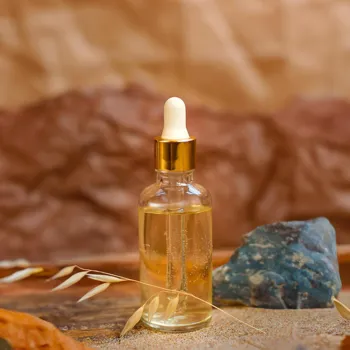
Milk contains lactic acid, a natural alpha-hydroxy acid (AHA) that gently exfoliates the skin, removing dead skin cells and revealing a brighter complexion. Honey is a natural humectant, meaning it draws moisture from the air into the skin, keeping it hydrated and supple.
While you might not want to fill your bathtub with milk every day, using milk-based cleansers or adding honey to your face mask can give you a similar effect. Cleopatra also used aloe vera to soothe sunburns, and the plant's healing properties are still well-known today.
The Egyptians meticulously documented their beauty secrets and were skilled artisans in creating cosmetics and skin therapies.
Ancient Chinese skincare: TCM ingredients promote healthy skin
In ancient China, skincare was closely linked to Traditional Chinese Medicine (TCM). Ingredients like green tea, ginseng, and pearl powder were prized for their ability to promote healthy, youthful skin.

Green tea is packed with antioxidants that fight free radicals, which damage skin cells and contribute to signs of aging. Ginseng is believed to improve blood circulation, giving the skin a healthy glow.
Pearl powder contains amino acids and minerals that help brighten the complexion and reduce hyperpigmentation. These ingredients are still commonly used in skincare products today, reflecting the enduring wisdom of TCM.
Similar to Ayurveda, TCM emphasizes harmony and balance within the body; it is important to note that this extends to skin. One should understand what works for them before blindly believing commercials.
Ancient cultures used clay for skin benefits; still effective today
Across the globe, ancient cultures used clay for its amazing skin-cleansing properties. Whether it was the Romans using Fuller's earth or Native Americans using bentonite clay, this natural ingredient absorbs excess oil, draws out impurities, and exfoliates the skin.
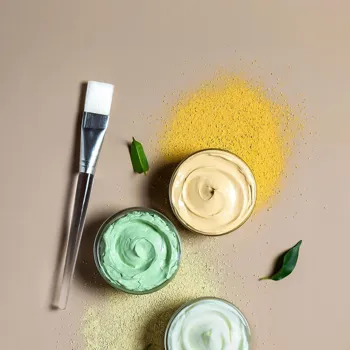
Clay masks are still popular today because they work! Different types of clay have different properties, so you can choose one that suits your skin type. Fuller's earth is great for oily skin; while kaolin clay is gentler and suitable for sensitive skin.
People used to dig these substances out of the ground and prepare them, so rest assured that they are natural and have not been combined with preservatives like contemporary products.
Moroccan Argan oil and shea butter: ancient skincare treasures
Let's not forget about Morocco and the power of Argan oil. For centuries, Moroccan women have used this liquid gold to nourish and protect their skin, hair, and nails. Argan oil is rich in vitamin E and fatty acids, which hydrate the skin, reduce inflammation, and improve elasticity.
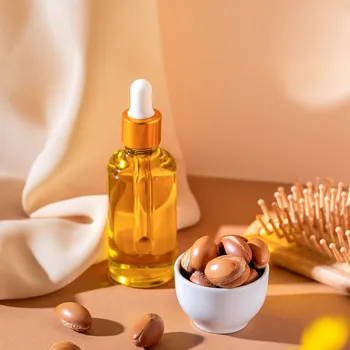
It's a versatile oil that can be used on all skin types, from dry to oily. This ancient practice highlights the effectiveness of using natural oils to nourish and protect skin. Similarly, shea butter, originating in Africa, is another timeless moisturizer that still has the same effects.
What the skin requires more than anything is to be soothed, and these natural butters and oils do that effectively, providing both hydration and anti-inflammatory benefits.
Ancient skincare wisdom for a healthier you today
So, the next time you're shopping for skincare products, remember the wisdom of our ancestors. Sometimes, the best solutions are the ones that have been around for centuries.
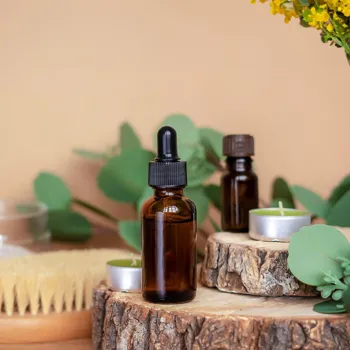
These ancient practices offer a gentle, effective, and holistic approach to skincare that is just as relevant today as it was in the past. Remember to consult a dermatologist or skincare expert before trying any new ingredients, especially if you have sensitive skin or allergies.
And always do a patch test to check for any adverse reactions. Happy skincare, folks! With a little knowledge, you'll be well on your way to a healthier, more radiant you.
AI Generated Content. Glance/InMobi shall have no liability for the content












